MOVIE
'Ryuichi Sakamoto: Opus' last performance by the maestro
Last performance by the late Ryuichi Sakamoto
Concert film containing over 20 songs
Trembling breath, the aura of moments of concentration
Concert film containing over 20 songs
Trembling breath, the aura of moments of concentration
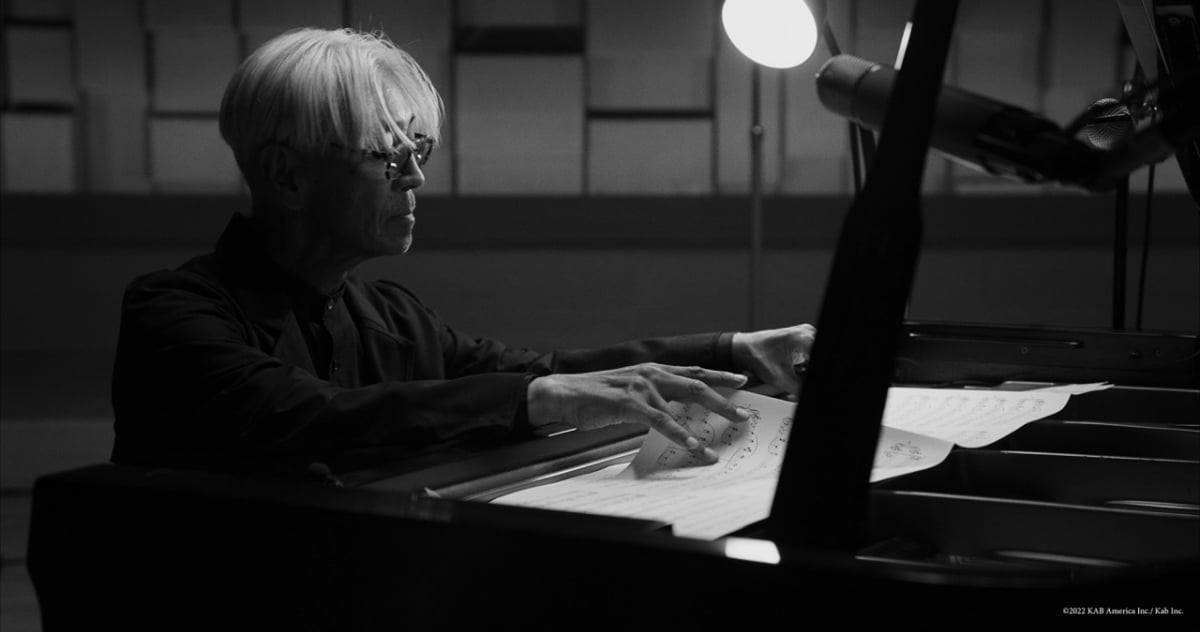
Born in Japan in 1952, Ryuichi Sakamoto is a member of the three-member music group YMO (Yellow Magic Orchestra) and is well known to us as a film music director. He is more famous abroad and in Korea under the name Ryuichi Sakamoto, but this is a Western spelling. He sang the theme song ‘Merry Christas Mr.’ from the movie ‘Christmas on the Battlefield’ (1983). He became famous worldwide by composing 'Lawerence' (he co-starred with David Bowie and appeared as a Japanese military officer).
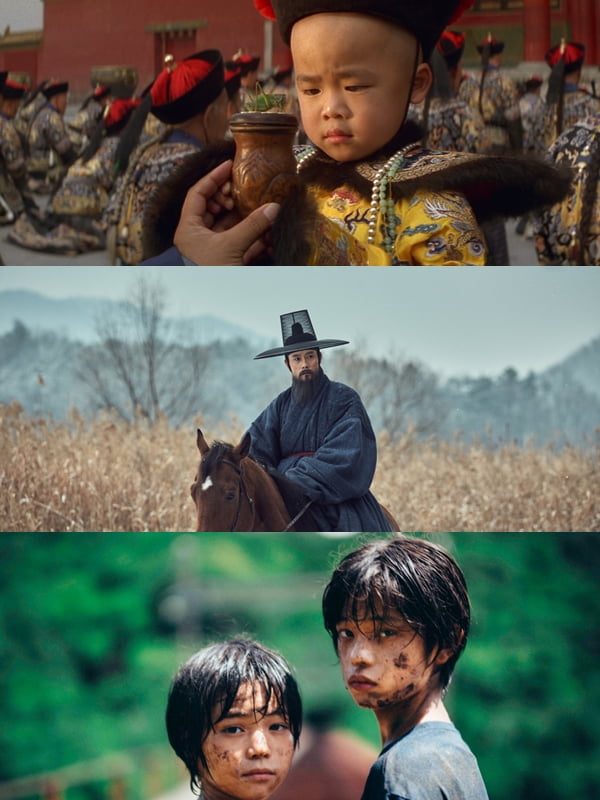
'Ryuichi Sakamoto: Opus' does not mention anything about Ryuichi Sakamoto's history or filmography. It only functions as a stepping stone to provide the audience with a performance that traces the passage of time by Ryuichi Sakamoto. The first scene of the documentary is a back view of Ryuichi Sakamoto playing the piano. In a space so quiet that the sound of Ryuichi Sakamoto's trembling breathing can be heard occasionally between piano performances.
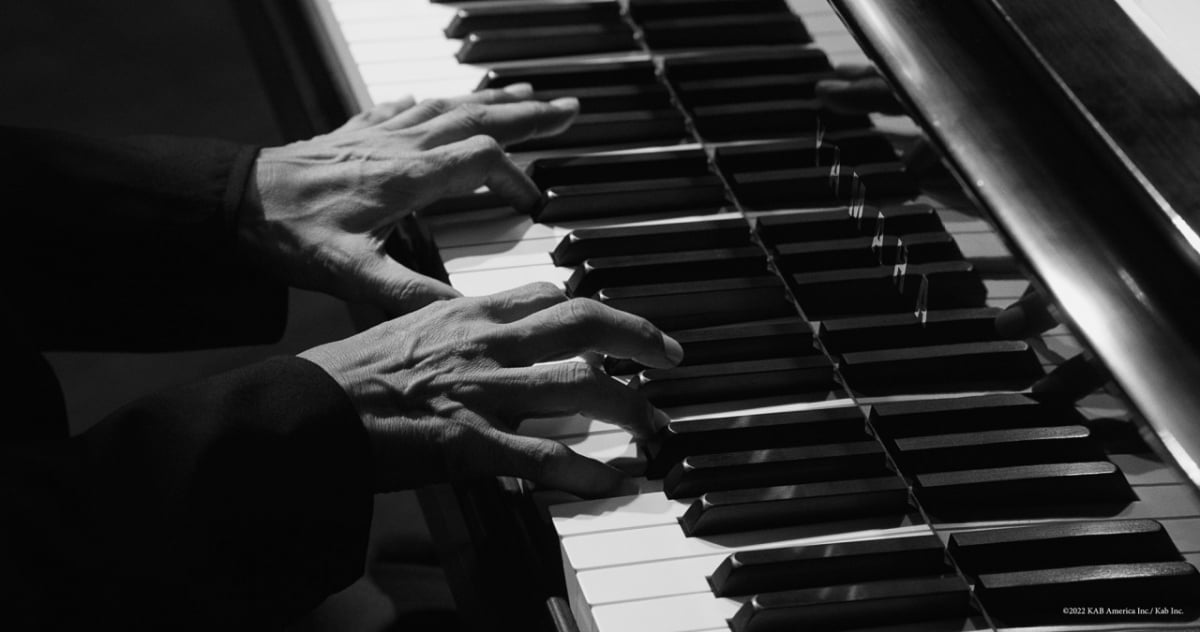
As if sorting out the traces of the past years, the face of Ryuichi Sakamoto, who writes his autobiography with calm performance, reflects the past like a panorama. The boyishness of the innocent smile that spreads without thinking, the uprightness of a young man in the upright concentration with pursed lips, and the detachment of an old man as he performs a performance that must have been repeated hundreds of times for the last time seem to be visible.
Ryuichi Sakamoto's performance, which feels a kind of solemnity rather than loneliness and loneliness, continues within the running time of about 103 minutes. Ryuichi Sakamoto, who personally selected, arranged, and even recorded the 20 songs included in the documentary, captivates the audience fiercely, as shown by his will to 'create a work that is acceptable once more.' Ryuichi Sakamoto, who was suffering from cancer while filming lasted for a total of 8 days from September 8 to September 15, 2022, completed about 3 songs a day in 2 to 3 takes.
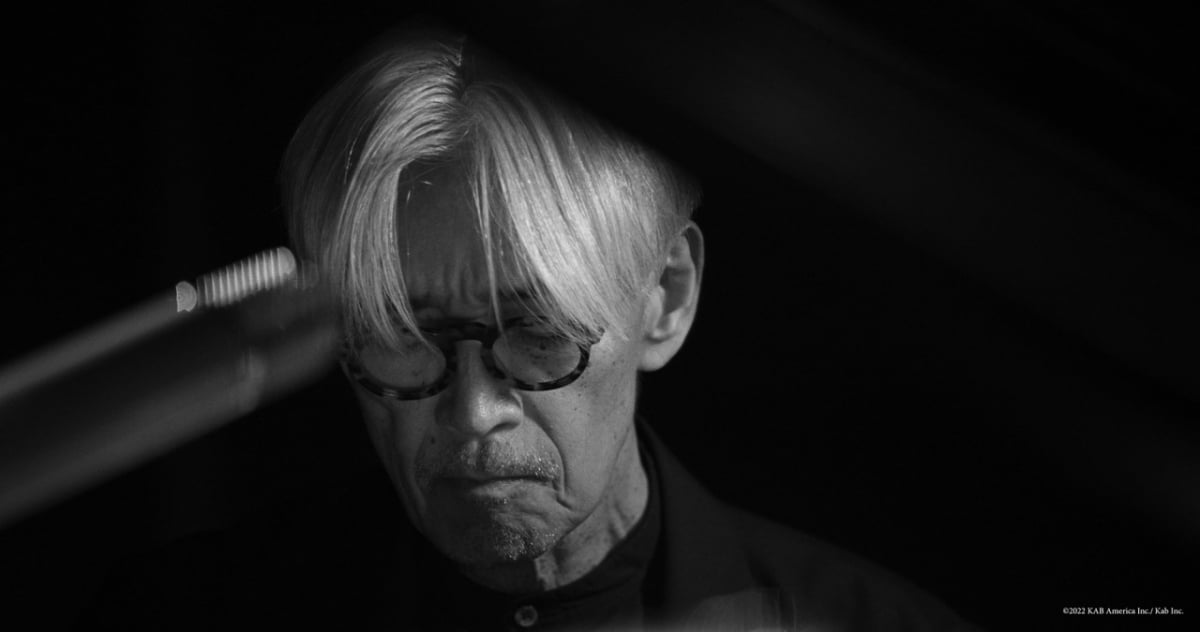
The scene could have been cut out for the sake of the smoothness of the piece, but director Neo Sora shows the audience as if even the process was part of the performance. “Let’s do it again” and “Let’s take a break. I’m working really hard” are all the lines, but it is one of the moments that particularly lingers in my heart. In addition, inserts such as piano keys, silhouettes, piano pedals, microphones, and chairs reflected in Ryuichi Sakamoto's glasses allow one to feel the atmosphere and texture of the space.
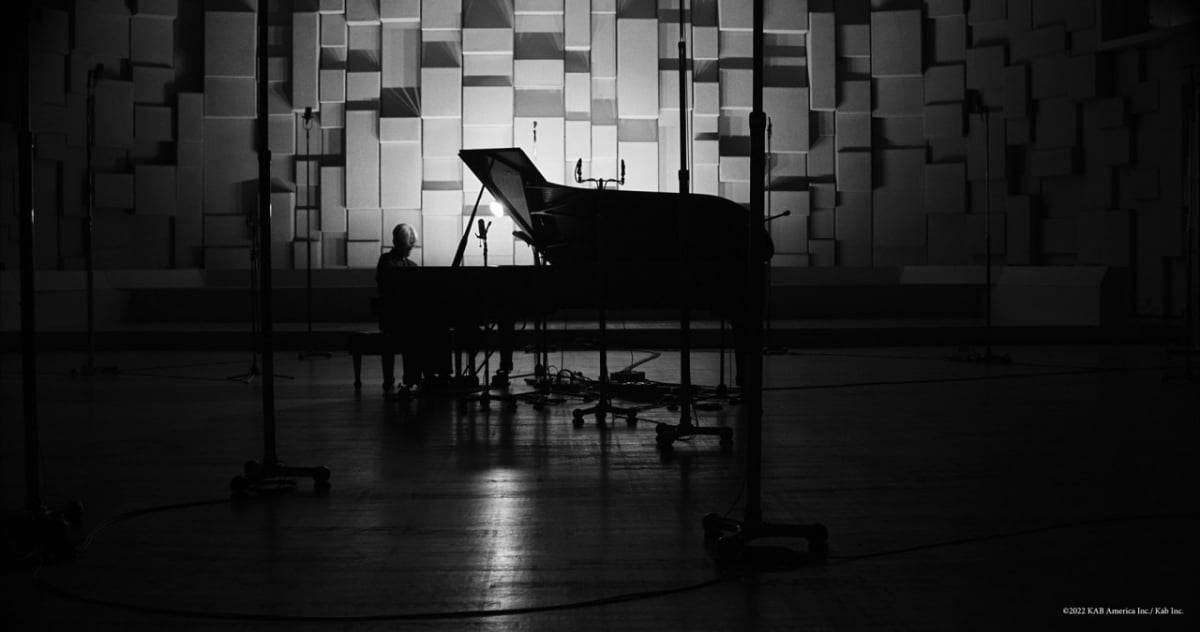
In the last scene, after all the performances are over, the piano plays on its own without the player, and only the sound of someone's footsteps leaving the space can be heard. It's as if Ryuichi Sakamoto has left us, but the music remains and will be with us forever.
One thing I regret is that I wonder what it would have been like if the names of the 20 or so songs had been listed separately. Unlike the way you watch movies, 'Ryuichi Sakamoto: Opus' is recommended to close your eyes for a moment and fully feel the performance. Sometimes it is better to feel with your heart rather than with your eyes. His playing will become a language and speak to you.
Documentary 'Ryuichi Sakamoto: Opus' will be released on December 27th. Running time 103 minutes. Full admission price.
*This is the set list of songs that appear in the documentary.
‘Ryuichi Sakamoto: Opus’ SET-LIST
01: lack of love
02: BB
03: andata
04:solitude
05: for Johann
06: aubade 2020
07: ichimei - small happiness
08: mizu no naka no bagatelle
09: bibo no aozora
10; aqua (*note: the sequence with “piano tuning break”)
11: tong poo
12: the wuthering heights
13: 20220302 - sarabande
14: the sheltering sky
15: 20180219 (w/prepared piano)
16: the last emperor
17: trioon
18: happy ending
19: Merry Christmas Mr. Lawrence
20: opus - ending
Reporter Ha-neul Lee, Ten Asia greenworld@tenasia.co.kr
